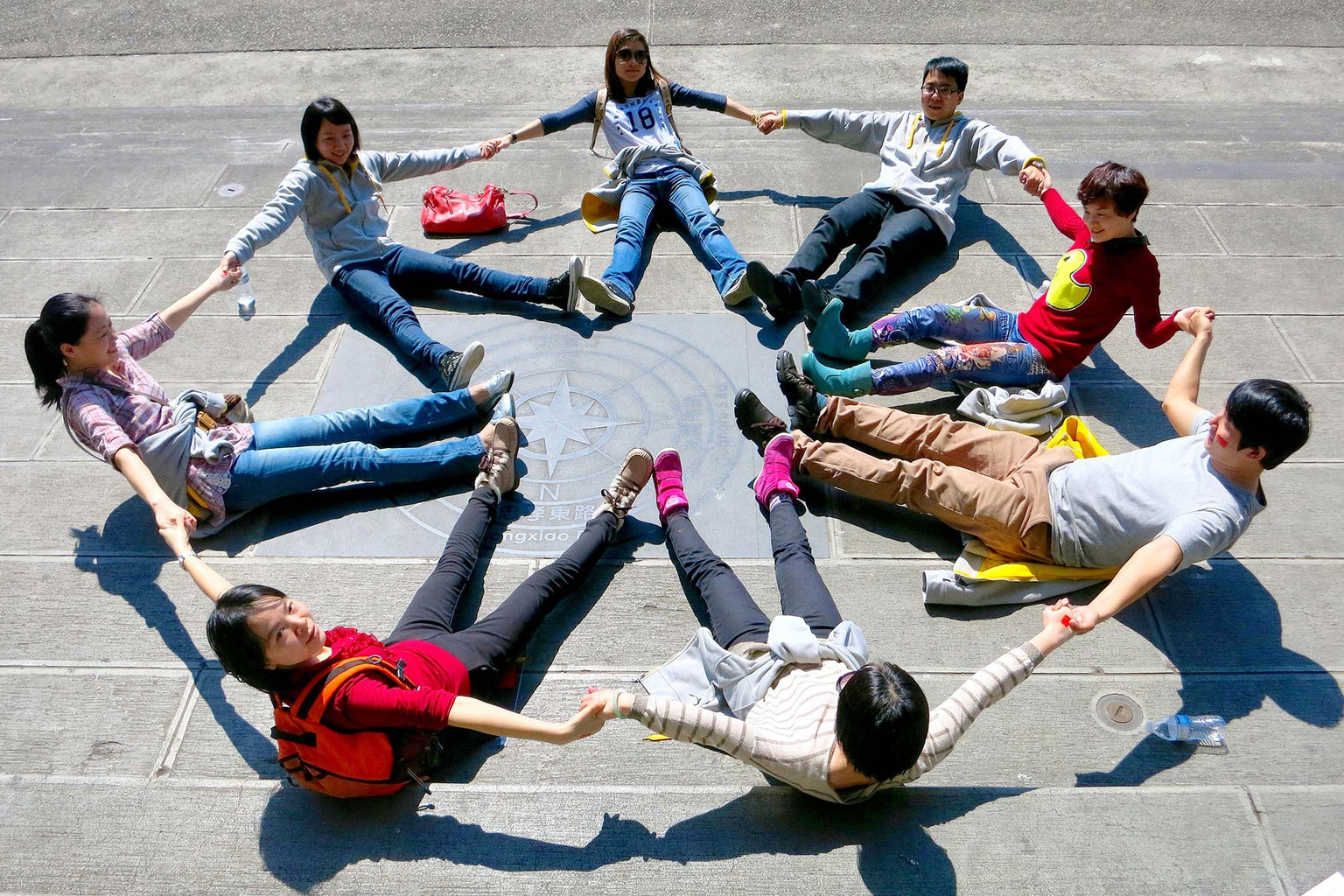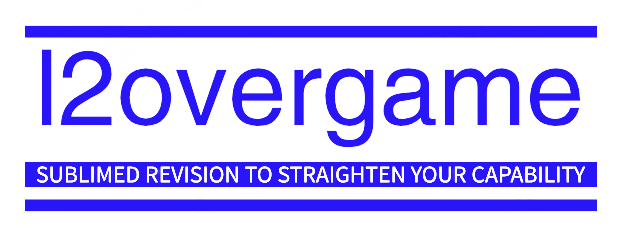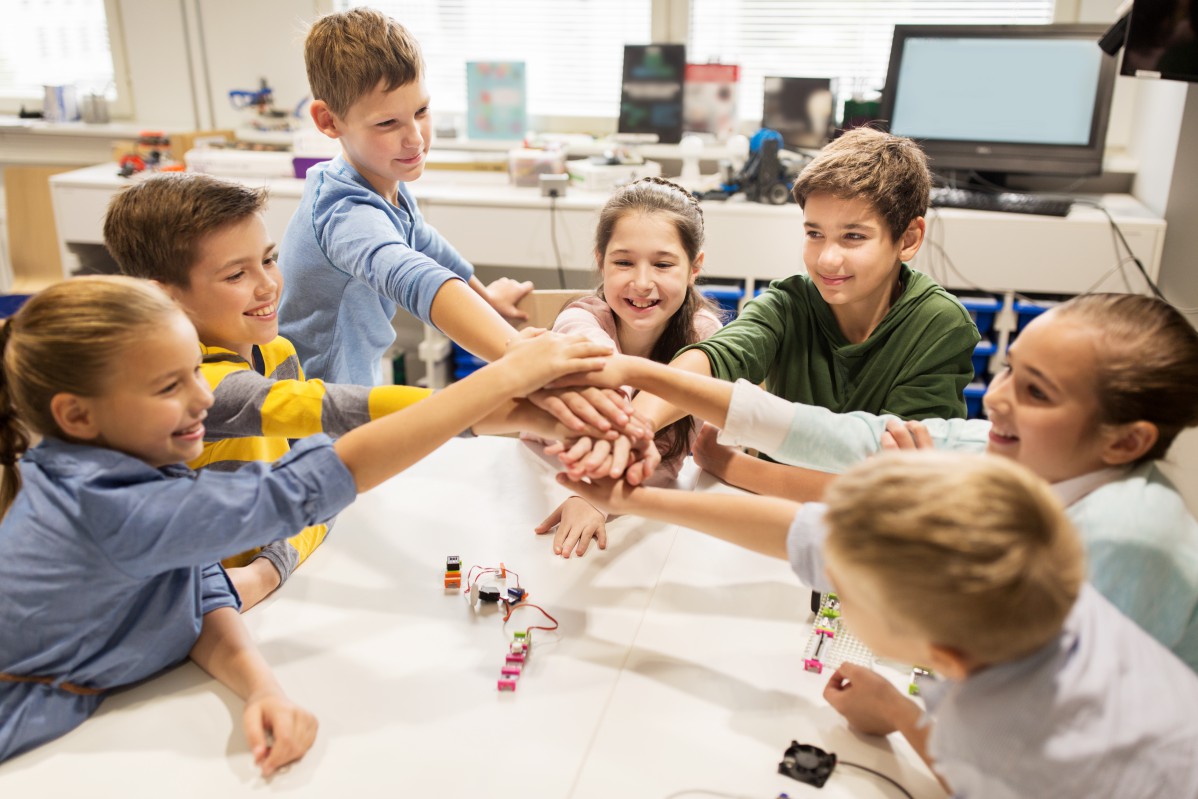An outstanding approach to promote group cooperation, communication, and problem-solving is team-building events. These drills help participants to cooperate toward shared objectives, therefore improving their capacity for critical and imaginative team work. Participating in great team building games will help you to raise morale and acquire vital skills, thereby strengthening ties among colleagues or enhancing cooperation in a social group. Particularly successful are scavenger hunts since they inspire participants to solve problems, negotiate obstacles, and act fast as a group.
Promoting Group Efforts
Games meant for team development are fantastic for improving team member cooperation. To thrive, these events may call for participants to discuss ideas, assign work, and plainly express themselves. Team members who work through problems also learn to rely on one another’s strengths and balance off shortcomings. An effective and cohesive team depends on this kind of cooperation. Overcoming obstacles together lets everyone offer their special insights, therefore strengthening group cohesiveness and shared goals.
Boosting Original Thinking
Engaging in amazing team-building activities can also inspire originality. Searching for clues, answering puzzles, or finishing physical challenges requiring creativity and outside-of-the-box thinking define most scavenger hunts. These drills push groups to use critical thinking and tackle challenges from several directions. Team members increase their ability for creative thinking and their capacity to solve problems as they explore and test several answers. Both in daily life and professional environments, this ability is absolutely essential for handling challenging tasks.

Enhancing Interpersonal Communication Skills
The capacity of team-building activities and scavenger hunts to improve communication skills is among their main advantages. Good communication is the foundation of effective teamwork; hence, many team-building activities concentrate especially on enhancing this quality. During the game, participants must clearly and fast communicate information, listen to others, and share their thoughts. These pursuits promote improved interpersonal communication, help to remove obstacles, and lower misinterpretation. The team’s general effectiveness and general success in finishing tasks increase as communication does.
Building confidence and trust
Effective problem-solving mostly depends on trust, hence great team building games are perfect for fostering that confidence. Team members that work together and overcome obstacles grow to rely on one another’s judgment and skills. Team members are more inclined to be open in sharing ideas and take measured risks the more trust they have in another. This confidence also helps people to be more at ease helping to solve problems. The team gets more efficient and strong in facing the next problems as confidence and trust develop.

